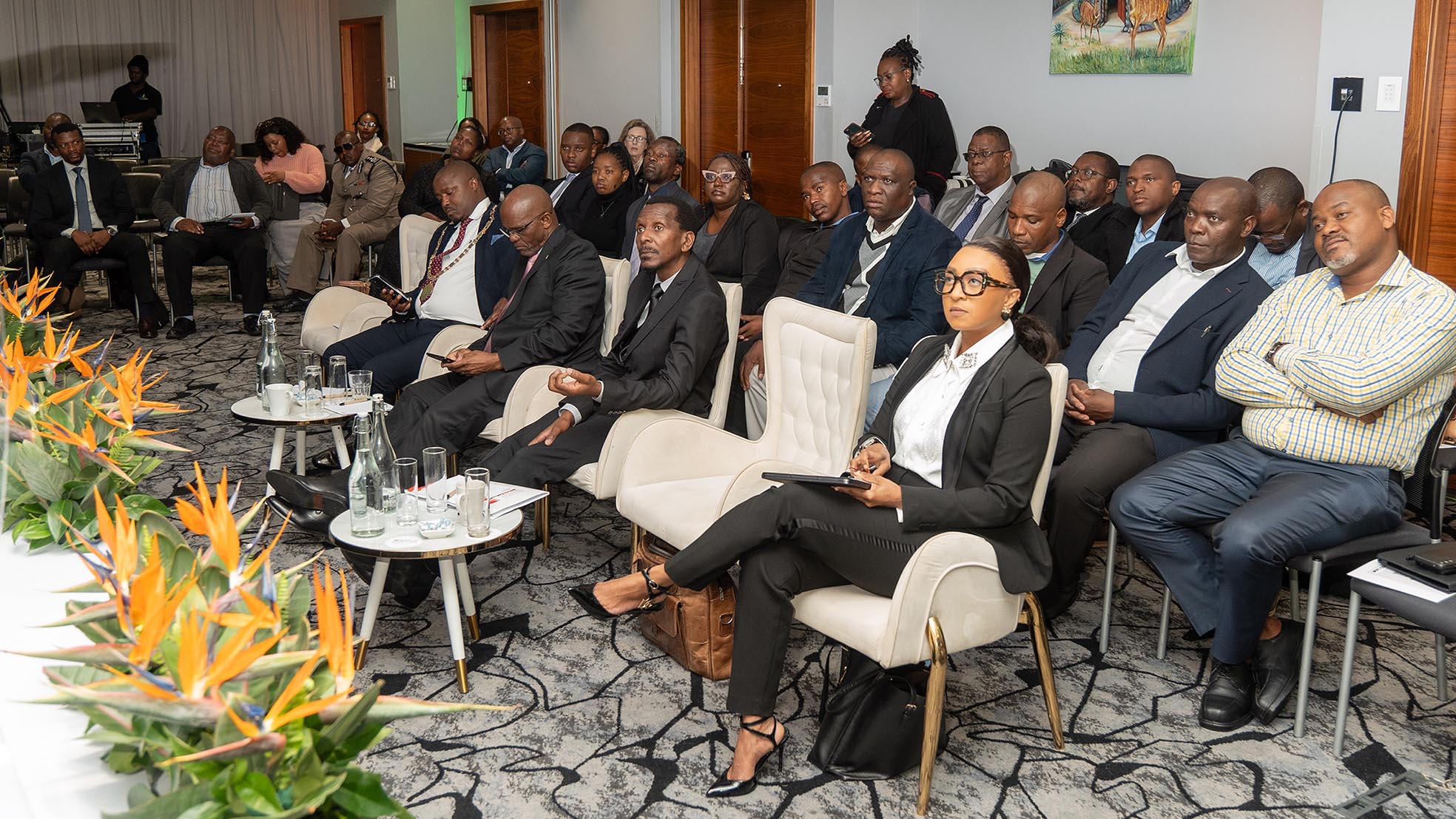
The Municipal Council of Mbabane (MCM) hosted its second edition of the Smart City Living Masterclass under the theme ‘Transforming Mbabane into a Responsive Smart City to Drive Economic Growth’.
The event convened a diverse group of leaders, including innovators, development partners and financial institutions, to discuss how technology, innovation and sustainable governance can collectively shape a smarter, greener and more resilient capital city.
The session was headlined by Public Service Pensions Fund (PSPF) CEO, Masotja Vilakati, who delivered the keynote address and MCM Chief Executive Officer Gciniwe Fakudze, who presented the council’s vision and roadmap towards a smart and inclusive Mbabane.
Driving economic growth through smart governance
In her presentation, Fakudze outlined Mbabane’s economic outlook, reaffirming its role as the administrative and financial hub of Eswatini and the anchor of the nation’s service, finance and governance economy. She noted that local opportunities lie in digital transformation, green infrastructure and managing urban growth pressures.The municipality’s roadmap is guided by the Integrated Development Plan (2024–2029), the Town Planning Scheme under review and the Local Economic Development Strategy (2019–2025). These frameworks form the foundation for transforming Mbabane into a responsive smart city.
Strategic priorities for a smarter Mbabane
Under its smart city strategic priorities, MCM focuses on:
- Digital transformation: Enhancing e-governance, open data systems and ICT integration in urban management. Infrastructure development: Modernising roads, improving lighting and stormwater systems and promoting renewable energy.
- Economic diversification: Promoting investment, innovation industries, tourism infrastructure and circular economy initiatives.
- Urban resilience: Leveraging real-time data for planning, safety and traffic management while deepening stakeholder engagement.
- Digital inclusion: Expanding Wi-Fi hotspots and promoting digital literacy to ensure that no resident is left behind.
Fakudze emphasised that the ultimate goal is to position Mbabane as an inclusive, data-driven and sustainable city that improves service delivery, competitiveness and quality of life.
Financing urban innovation
The Industrial Development Company of Eswatini (IDCE), represented by Mthunzi Dlamini, presented on ‘How DFIs Can Serve as Catalysts for Urban Innovation’. He highlighted emerging development trends in Mbabane such as the installation of 50 IP security cameras, internet infrastructure upgrades, mixed-use and green developments and smart infrastructure projects like the Golf Course precinct, new traffic routes and timed traffic lights.
Dlamini stressed that collaboration among the municipality, developers, technology providers and financial institutions is vital to unlock the full potential of smart city initiatives. He also revealed plans for a 20-year master plan for Swazi Plaza’s redevelopment, which will serve as a major anchor project for Mbabane’s transformation.
Private sector’s role in empowering urban growth
Adding a private-sector perspective, African Alliance Asset Management, through its General Manager Victor Langa, presented on ‘Empowering Eswatini’s Urban Future’.
He highlighted that Eswatini faces a US$500 million annual infrastructure funding gap, but through blended finance, factoring and supply chain innovation, cities like Mbabane can mobilise capital to bridge this divide.
Langa emphasised that empowering Small and Medium Enterprises (SMEs) and local supply chains through innovative financial models will strengthen Mbabane’s business ecosystem, create jobs and accelerate sustainable urban development.

Some of the attendees following proceedings of the masterclass. (Courtesy pic)
